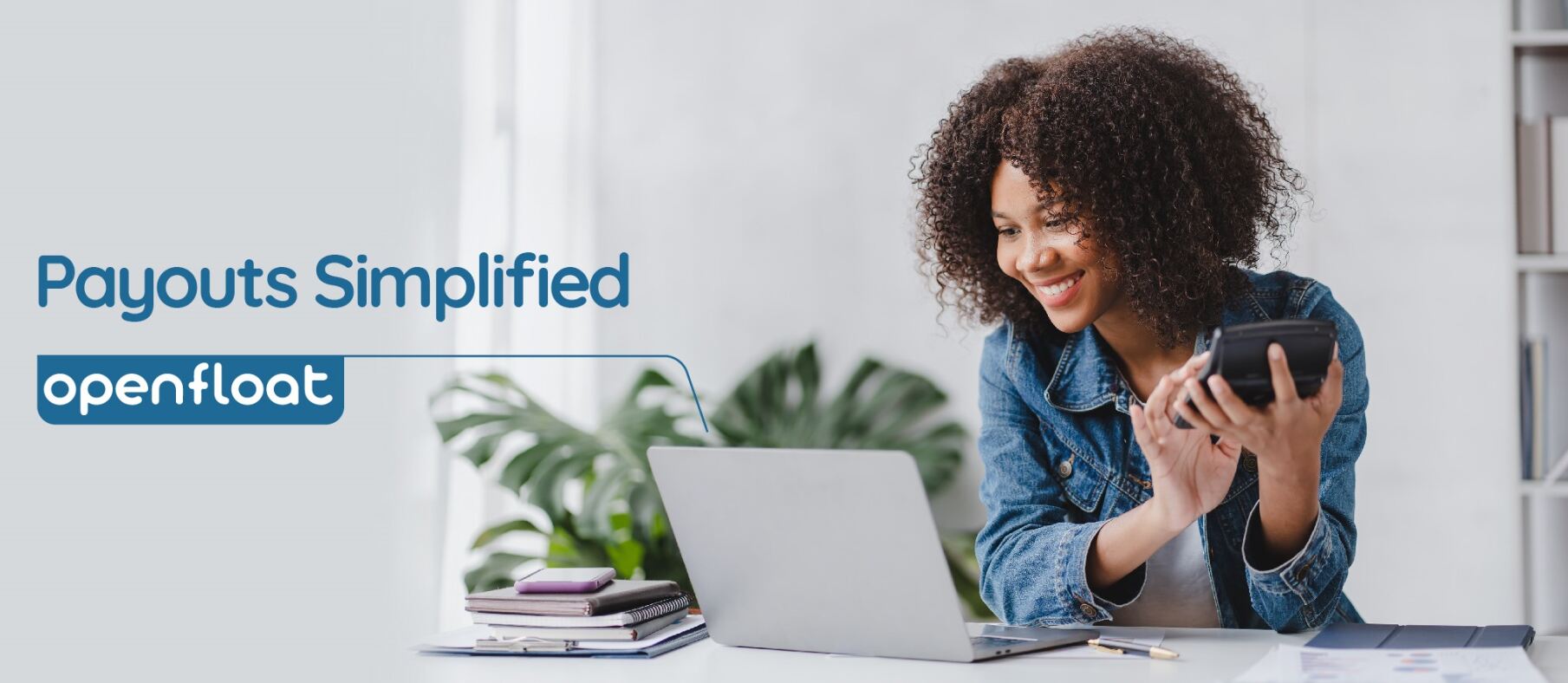
Openfloat is a digital cash management platform that can help you minimize operational errors by reducing cash handling. It offers several features that are guaranteed to ensure funds are paid out efficiently, including:
Openfloat's user access options allow you to assign different roles and permissions to users, such as the ability to initiate payouts, approve payouts, or both. This helps to ensure that only authorized users can make payments, which can help to prevent fraud and unauthorized spending.
For instance, you might choose to assign the role of "payout initiator" to users who need to make payments to vendors or contractors, but not to users who need to approve payments. This way, only authorized employees can initiate payouts, but all payouts must be approved by a more senior employee before they are processed.
This benefit is important especially for businesses that process high volumes of payments each day. By restricting who can initiate and approve payouts, the business can track their spend, ensure that all payments are legitimate and that no unauthorized spending occurs.
Read: Managing Business Expenses and Disbursements Made Easy with Openfloat by Pesapal
The categorization and grouping feature allow you to categorize and group your payments, such as by vendor, department, or project. This is helpful in managing recurring payments, such as payroll, petty cash and monthly utility bills.
A good case in point is, you might choose to create a category for "transport" and then add all the transport payments to that category. This way, you can easily see how much you are spending on transport each month and identify any trends or patterns.
This benefit can also be useful in managing complex payment approval workflows. For example, you might create a group for each department and then assign different roles to users of each group. This way, each department can have its own approval process, and payments will only be processed after they have been approved by the appropriate users.
Access to reports
In addition to this, the transactional report provides you with a clear overview of all payouts made. This includes information such as the date of the payout, the amount of the payout, the recipient of the payout, the status of the payout, category report, receipts and detailed statements.
This report can be helpful for businesses to track their spending and identify any potential problems. For example, a business might notice that they are spending more money on a certain category of payments than they expected. This information could then be used to investigate the issue and make necessary adjustments.
By having a clear overview of all payouts, managers can help to ensure that payments are processed on time and that vendors and contractors are paid.
Sign up for an Openfloat account and create users with different levels of access.
Fund your Openfloat account using M-Pesa, bank transfer, or a Pesapal account
Categorize, group and save your recurring payments.
Initiate payouts to your employees, suppliers, and other vendors.
Check the summary and transactional reports to review all payouts made.
By following these steps, you can use Openfloat to ensure that funds are paid out conveniently, efficiently, and accurately.
Simple, Fast, and Secure
GET STARTED